We caught up with the brilliant and insightful Kristina Libby a few weeks ago and have shared our conversation below.
Kristina, thanks for taking the time to share your stories with us today Can you talk to us about how you learned to do what you do?
Recently, I have been writing a lot. A whole memoir in fact that is based on how trauma can be at catalyst to reconstruct our own identities. I suffered a traumatic brain injury after falling twenty feet on my head while kitesurfing, which forced me to re-evaluate who I was, how I wanted to live, and what I needed from the world. The memoir is for those who have suffered traumas and are looking for inspiration on what to do now.
This was a message I wanted to tell the world, and so the writing came easily at first. But I knew I was falling a bit short of what the memoir genre required. Just something about my story wasn’t sticking the way I wanted it to.
What I learned was that a successful memoir can’t hang on strong sentences, good plot, and a great story. It requires a deep level of introspection. In fact, the only thing your memoir reader requires you do well is know yourself. UGH!
I didn’t want to share my every longing, feeling and desire on the page. And, I tried not to. Until I couldn’t. By working with a wonderful editor, who really pushed me to find a deeper level of introspection, I have been able to push the work to a place that is so much more honest, than it was when I was just writing fancy sentences in speeding along.
I slowed down.
I got deep.
I asked myself the really hard questions.
It was ugly.
Until I made peace with myself, the words and the reader.
Knowing this now, I would caution people that starting a memoir is as much about your personal self-discovery as it is about relaying a story. And, in fact, you may need that level of deep analysis to know what you are even writing about at all. I needed an editor to help me figure this out, but he has taught me to read more critically, to think about thematic as well as plot structure as competing vehicles and to not just write well but to investigate well.
As a result, I have learned to not just tell a story, but to tell a story only after I know clearly and deeply what it is I am really trying to say. For me, this means more time putting the pen down and more time looking inside myself, understanding my motivations and waiting, so that when I begin to write I know why it is something a reader needs to read.
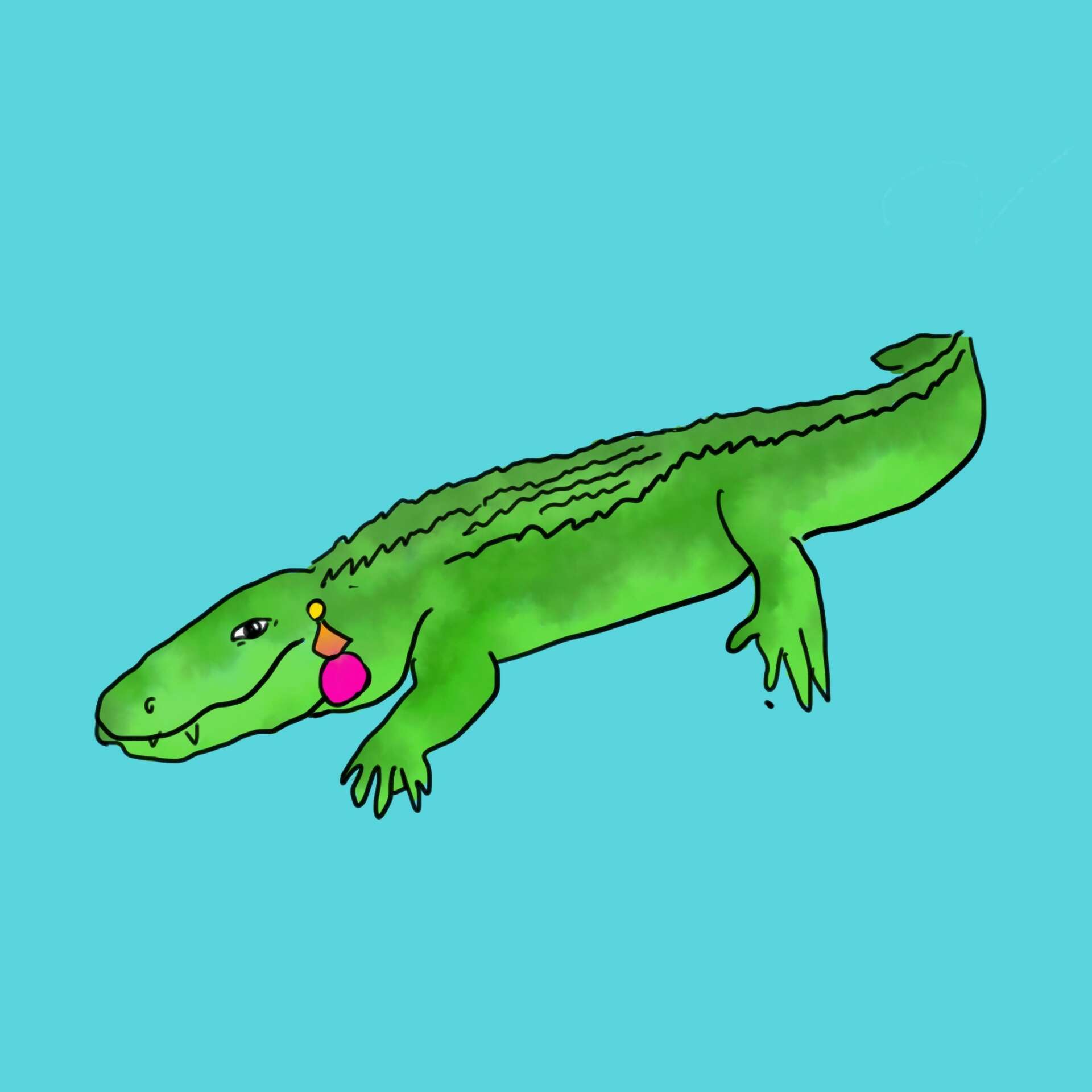
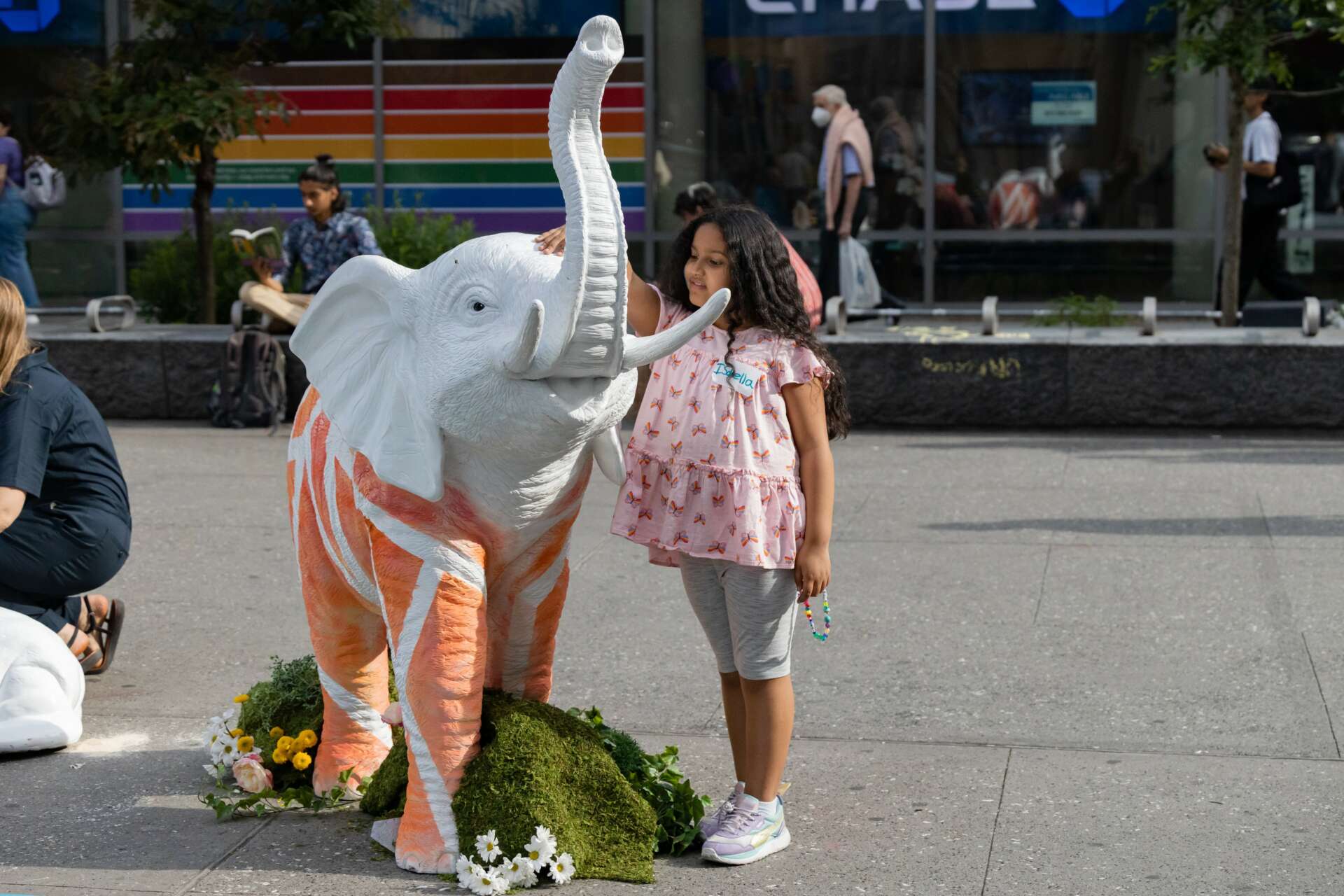
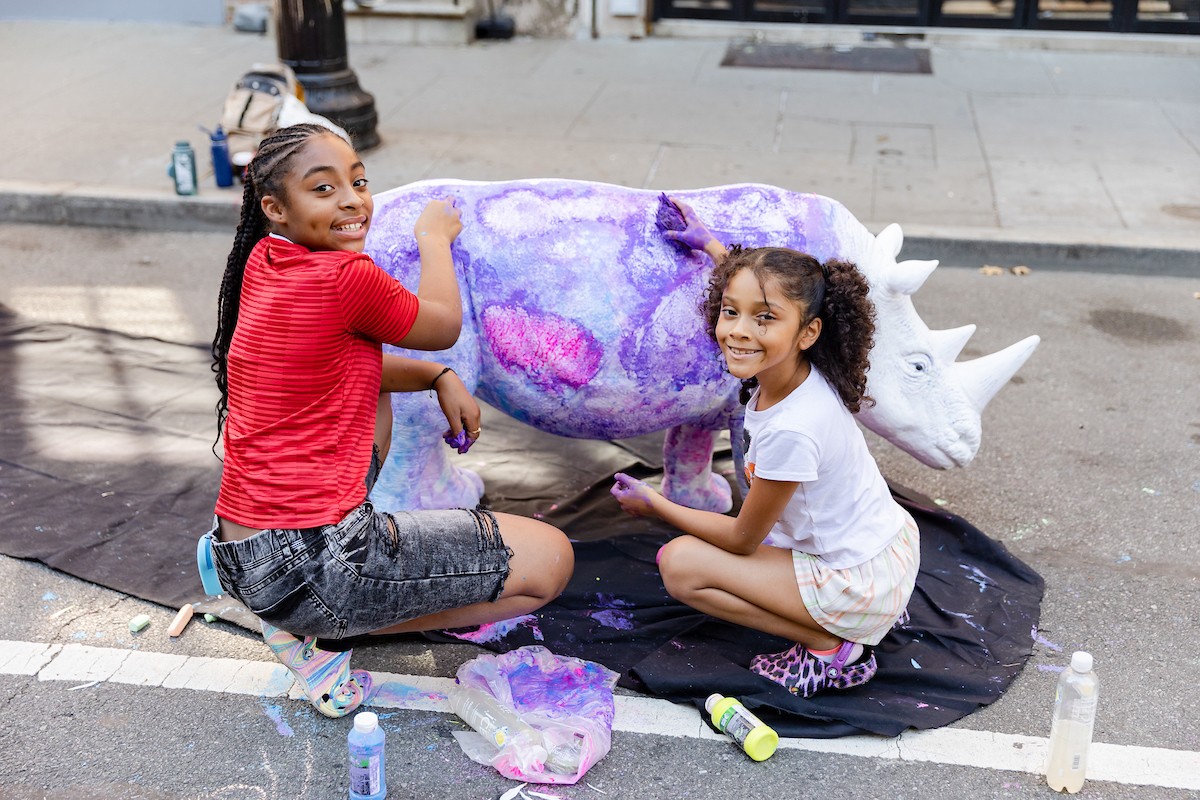
Kristina, before we move on to more of these sorts of questions, can you take some time to bring our readers up to speed on you and what you do?
At the end of the day, I love ideas that change how we think about or see the world. For me, this means that I’m an artist, a writer, a sculptor, an entrepreneur, a consultant and mostly, a storyteller. I’m best known for creating the Floral Heart Project, a nation-wide COVID Memorial effort, co-founding COVID Tech Connect to bring digital devices into thousands of hospital ICUs, and developing the Chunkos which serve as best friends for kids in hospitals. I was named a Hero of 2022 and one of the top 15 Public Artists for Social Change.
Prior to this work, I have served as a Chief Science Officer, Chief Medical Officer and numerous other executive level roles with start-ups.
I’ve been published across a wide array of press include the New Yorker, Elle, Salon and the Boston Globe and have exhibited art in museums across the US.
www.kristinalibby.com
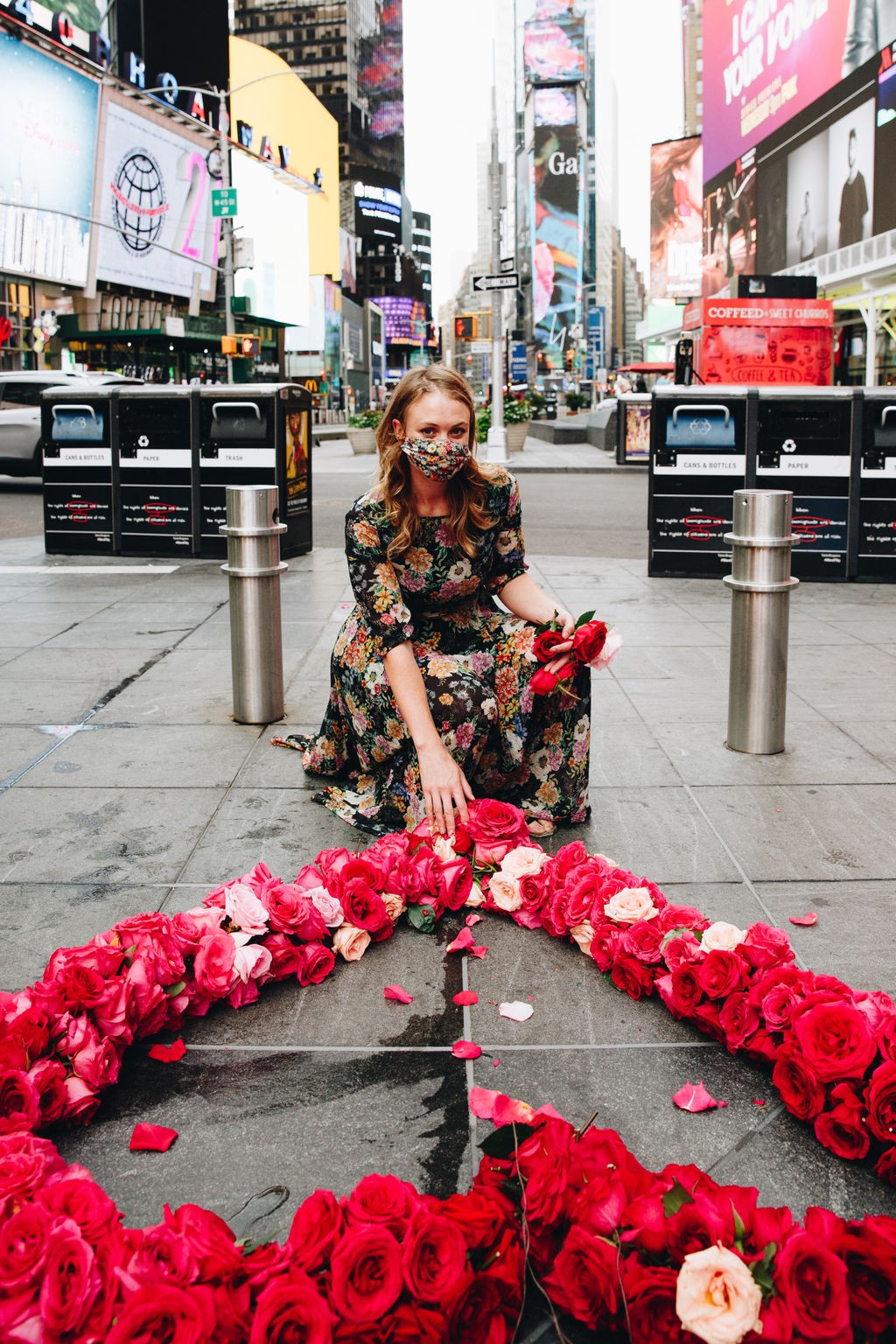
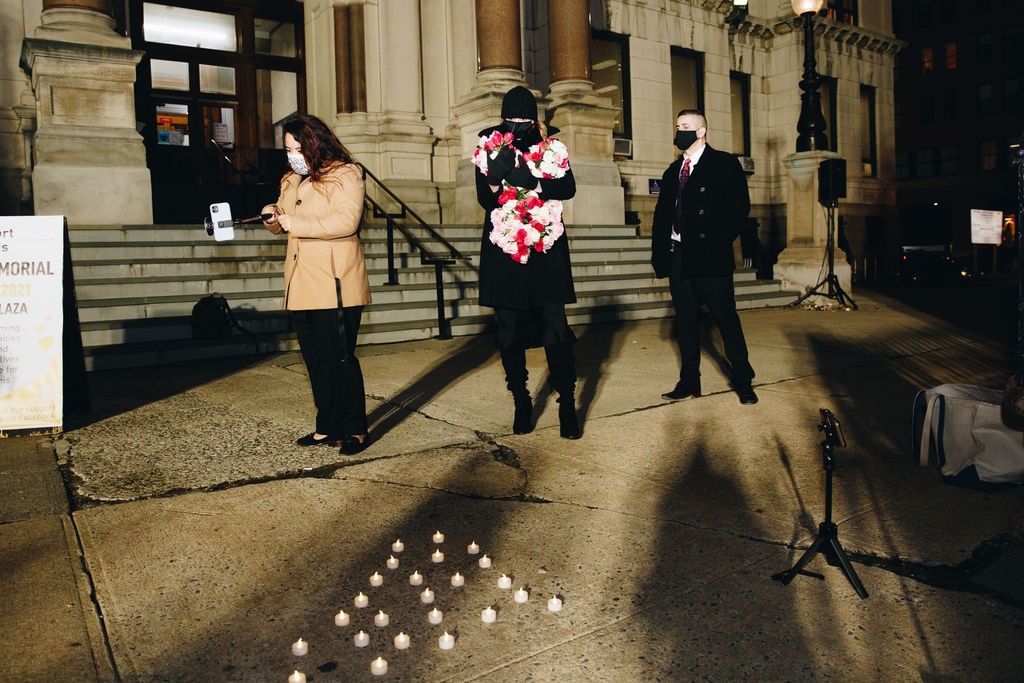
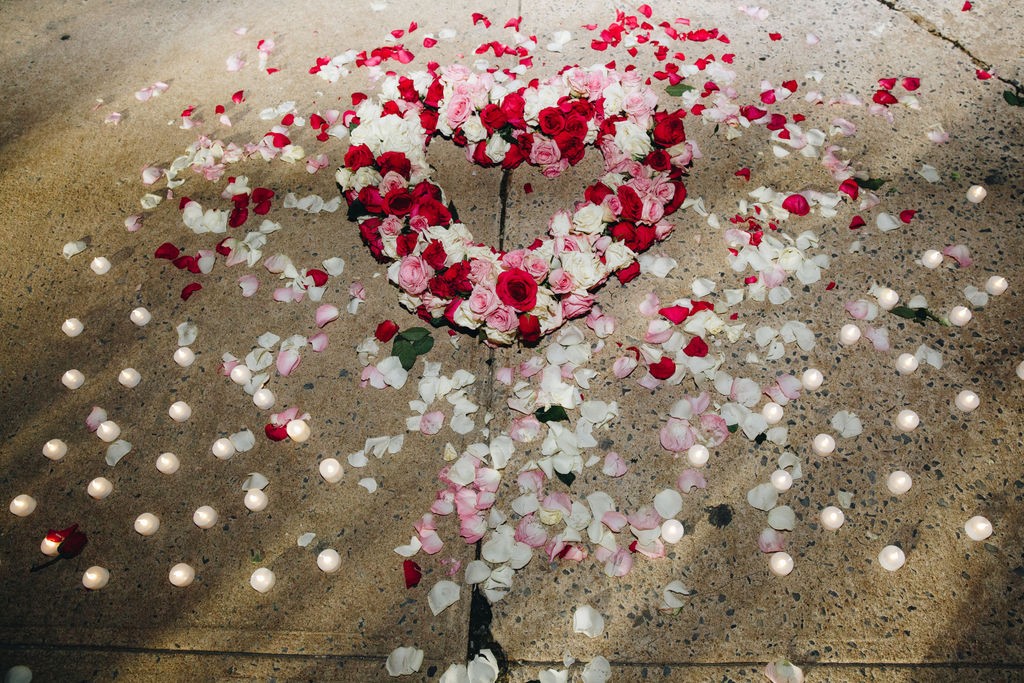
Is there a particular goal or mission driving your creative journey?
I want to create spaces that help people to heal, whether that is literally in hospitals or more figuratively through art and writing. I worry about the state of our country, about how we treat each other, and how are communities support or fail us. That is where and how I want to spend my time.
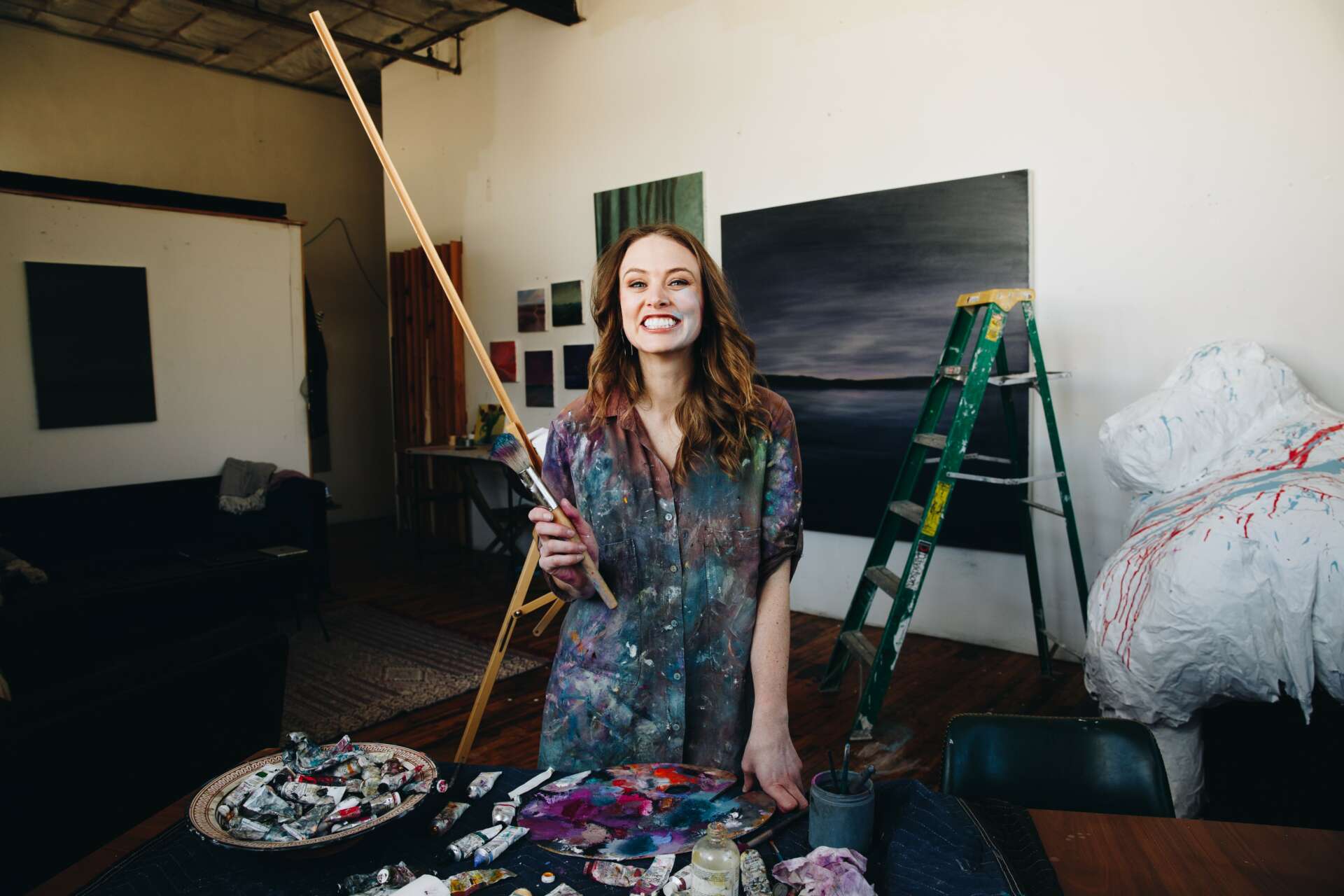
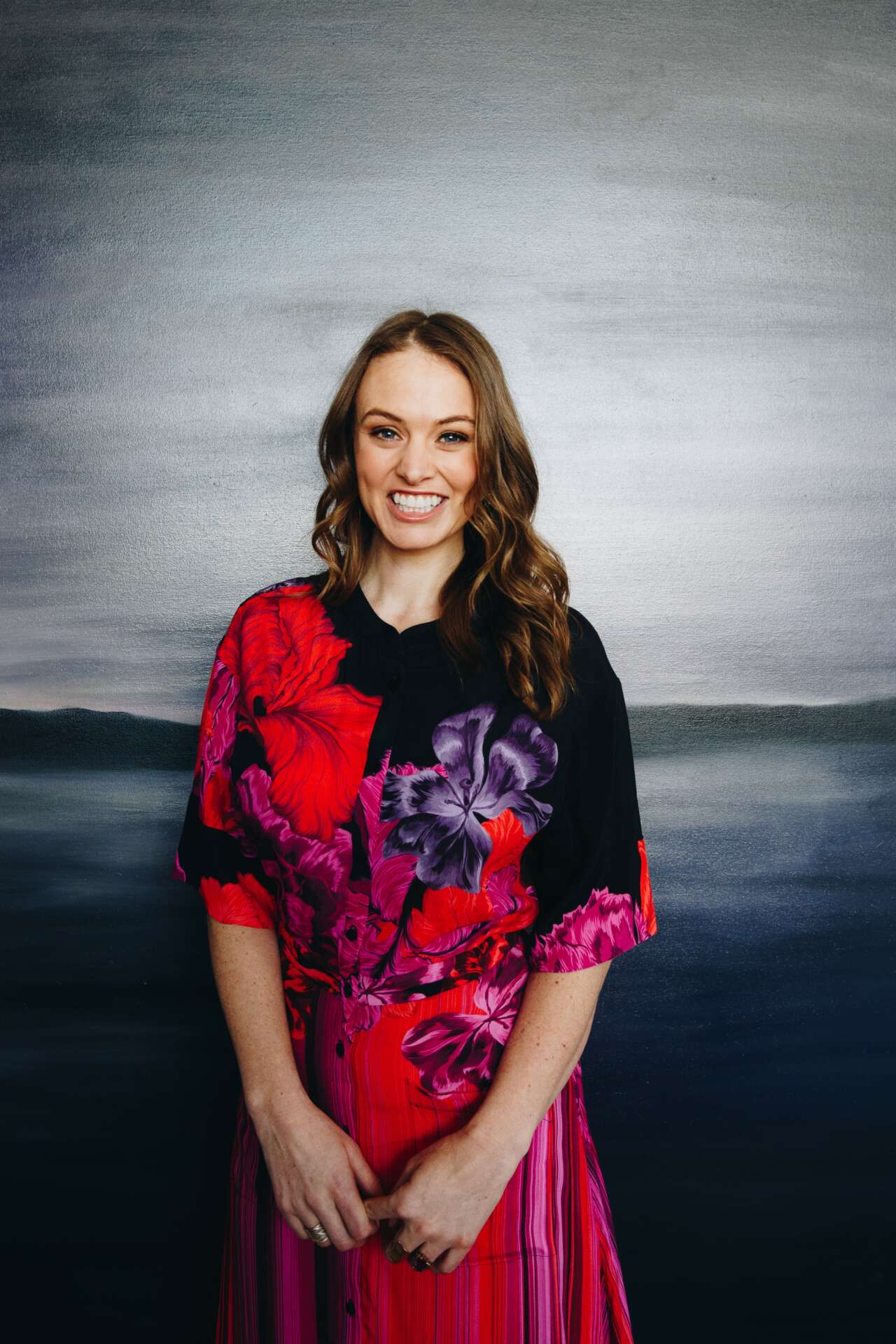
What’s a lesson you had to unlearn and what’s the backstory?
I have spent decades believing that the more interesting I became the more people would want to be connected to me. It is only through the process of writing my memoir that I have come to learn that my reasons for being interesting go even deeper. I want to be interesting because I think it means I wont be forgotten. I want to be remembered because I think it means then people will love me. And, I want to be loved because I desperately want a place to belong where I can feel myself and accepted.
I am slowly unlearning to be interesting.
People should love you because everyone is inherently deeply lovable. There is no need to stand on our highest heels and dance for their amusement. In learning this, I am learning that the more we attempt to disguise who we are with the interesting, the less we give people a chance to love the simple, the basic, the boring parts of who we are.
To be loved, we must be truly seen. To be truly seen, we must be willing to remove every guise we put on for the world.
Contact Info:
- Website: www.kristinalibby.com
- Instagram: www.instagram.com/lightvslight
- Linkedin: https://www.linkedin.com/in/kristinalibby/
Image Credits
Erica Reade


